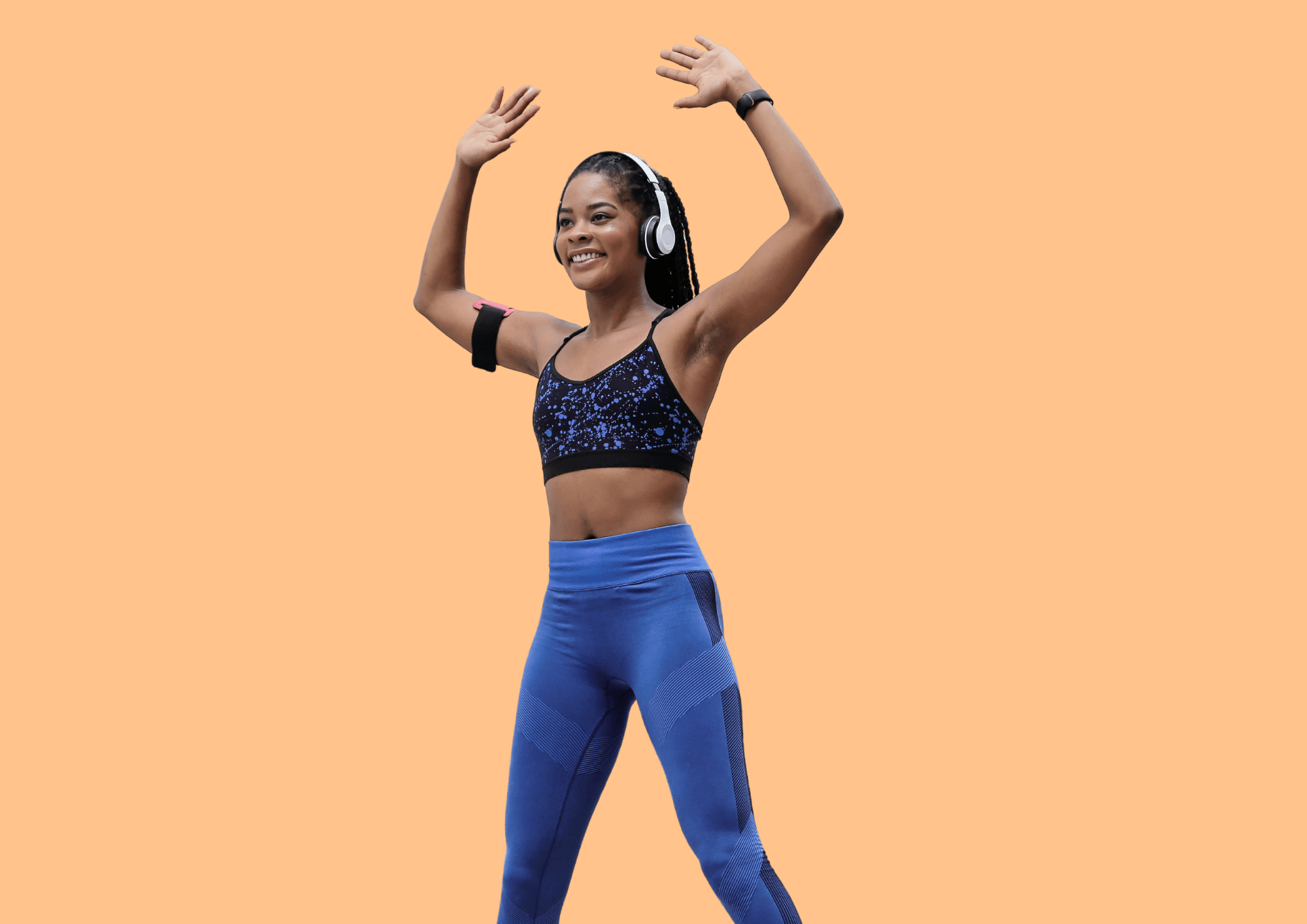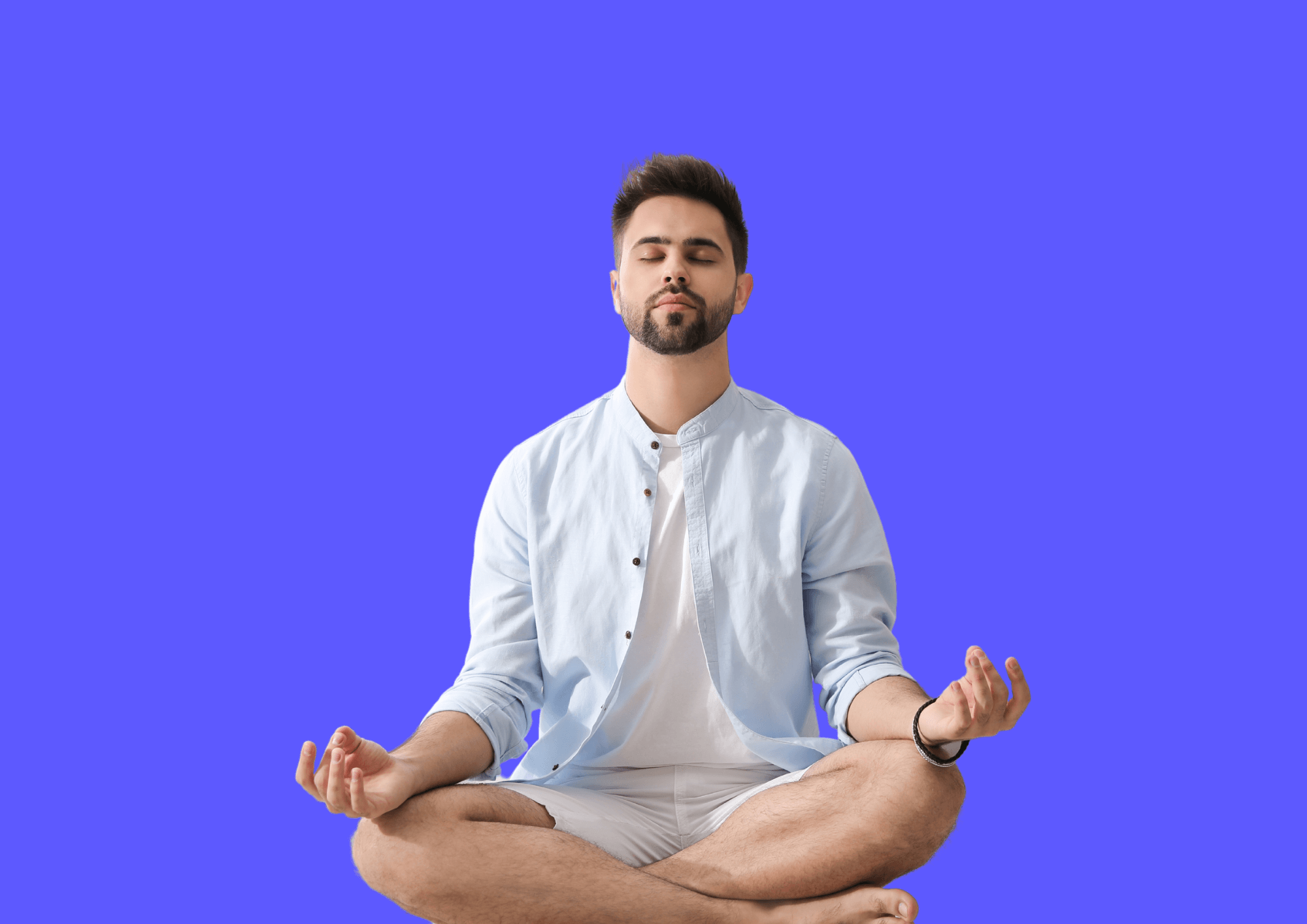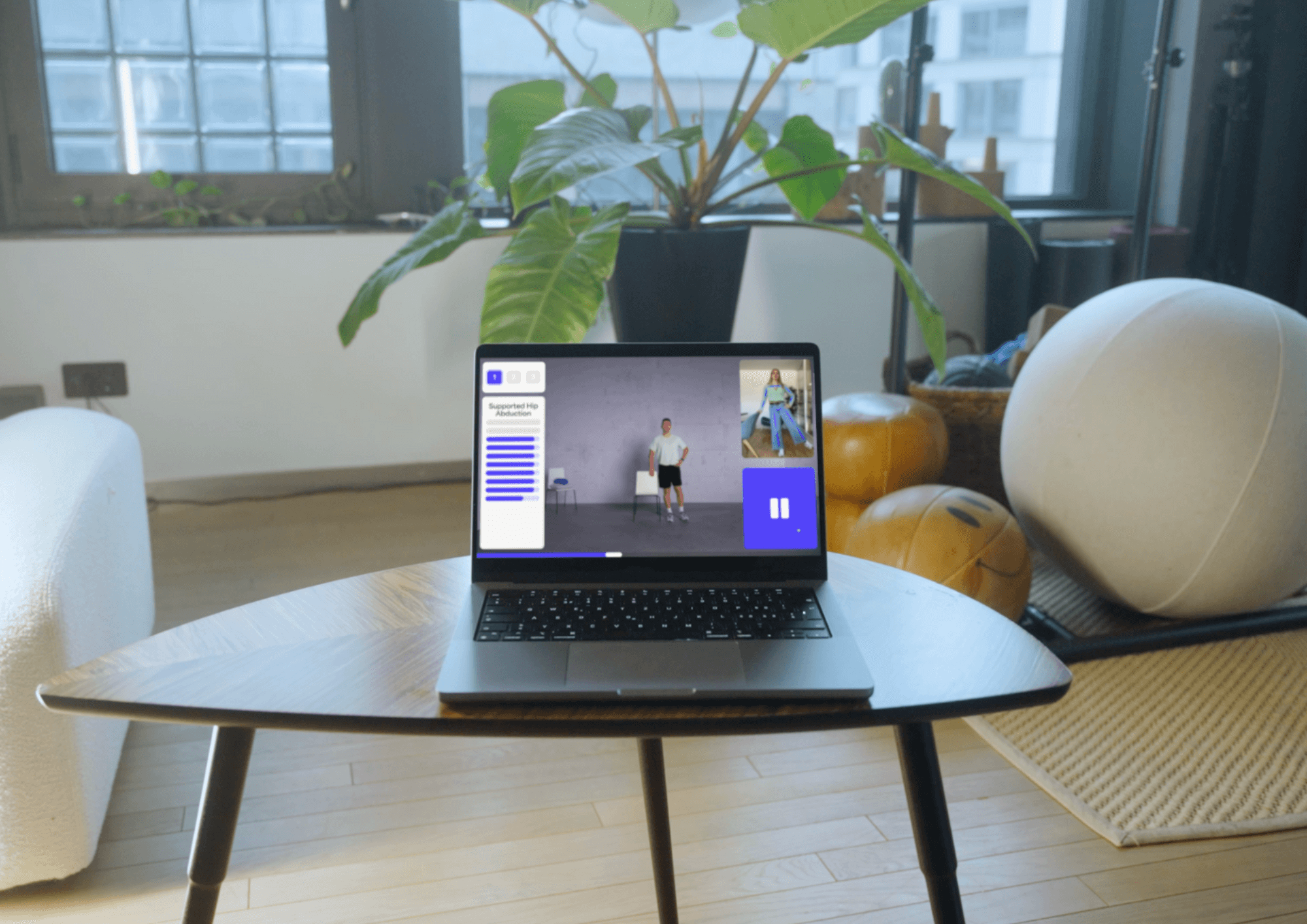Holistic health: Everything you need to know about it
Have you ever come across the term "holistic health"? Find out all about the holistic approach to healthy living in this article!

If you are interested in health and wellness, you have probably come across the term holistic health. But what exactly is holistic health and how do we integrate it into our lifestyle? Is it just another buzzword in a sea of self-optimization trends, or is this approach the solution to disease prevention and treatment?
In this article, we discuss everything to do with holistic health and take a critical look at whether it delivers what it promises.
What is holistic health?
"Holism" (holistic theory), derived from the ancient Greek "holos" (whole), refers to the assumption that a system and its properties must be analyzed as a whole in their interaction, not just in their individual parts.
In relation to humans, this means that an individual must be considered with all its facets and habits in order to promote health or treat illness. It is not enough to take care of acute physical complaints in order to become or remain healthy. Emotional, mental and social aspects play an equally important role in health. In contrast to conventional medicine, which primarily treats specific illnesses, holistic health is about restoring and maintaining the balance of these aspects in order to lead a healthy and fulfilling life.

The four pillars of holistic health
According to the holistic approach, the core components of a healthy life are sufficient exercise, a balanced diet, physical and mental rest and high-quality sleep.
Sufficient exercise
We are probably all aware of the importance of exercise. Unfortunately, it is often neglected in our modern lifestyle, which is characterized by long working hours in the office and hours of screen time in our leisure. According to statistics from Health Promotion Switzerland, lack of exercise in Switzerland causes at least 2,900 premature deaths, 2.1 million illnesses and direct treatment costs of 2.4 billion Swiss francs every year.
The benefits of regular exercise are extremely diverse. For example, it strengthens the immune system and prevents diseases such as osteoporosis, obesity, diabetes and heart problems. However, exercise and sport are not only extremely beneficial for physical health, but also for mental health. Exercise releases endorphins, which improve mood and reduce stress hormones. The brain is better supplied with blood, which leads to better thinking ability and more creativity. The University of Zurich even reported in a study that regular exercise can prevent some mental illnesses such as anxiety disorders or depression.
A balanced diet
Of course, our eating habits also play a decisive role in our health. As part of holistic health, people also like to talk about a “holistic diet”. As you can probably guess at this point, holistic nutrition is not just about dietary tips such as "consume more fiber" or "try intermittent fasting", nor does it preach healthy eating. After all, "healthy" can mean something different for everyone - think of allergies, intolerances, personal likes and dislikes. There is therefore no holistic nutrition plan that is “one size fits all”. Instead, your individual circumstances are discussed in a holistic nutrition consultation. The recommendations and advice you receive may therefore differ greatly from those of another person.

Restful sleep
Sufficient and restful sleep is essential for our health and well-being. It is not just a passive state of rest, but an active process that supports a number of vital functions. While we sleep, our body has the opportunity to regenerate itself. Our cells repair themselves to build muscle, heal wounds and maintain the immune system. Sleep also plays an important role in the regulation of metabolic processes - in other words, it is essential for a healthy body weight and a stable hormone balance. Cognitive function and mental health are also positively influenced by good sleep: during sleep, memory formation is supported and newly acquired knowledge is consolidated. Last but not least, sleep is essential for mental health: getting enough sleep reduces the risk of depression and anxiety and helps to reduce stress. It also strengthens emotional resilience.
Sleep experts recommend the following for good sleep hygiene:
- Regular sleep patterns:
Try to go to bed and get up at the same time every day, even on weekends. This helps to stabilize your natural sleep-wake rhythm. - Good sleeping environment:
Make sure your bedroom is quiet, dark and cool. According to scientists, the optimal sleeping temperature for adults is between 15°C and 18°C. - Limit screen time before bed:
Avoid electronic devices such as smartphones, tablets and TVs for at least an hour before bedtime, as the blue-white light can disrupt your sleep patterns. - Pay attention to your diet and hydration:
Avoid heavy meals and caffeine in the evening as they can disrupt your sleep. Also, don't drink too much just before bedtime to minimize nighttime bathroom trips.

Proper relaxation
Relaxation in holistic health does not mean a cozy movie night on the couch, even if this is the epitome of relaxation for many of us. Television and similar pastimes are seen as distractions in the holistic approach - the brain still remains busy. Relaxation here refers to mindful techniques such as yoga or meditation, where you can let your mind rest.
The countless benefits of proper relaxation are also known in science: Mindfulness Based Stress Reduction (MBSR) offers a structured method for dealing better with the stressors of everyday life and helps to treat or prevent their health effects. The focus is on approaches to reduce stress, regulate emotions and improve concentration. Research and clinical experience have shown that MBSR can effectively treat a variety of stress-related conditions, including anxiety disorders and panic attacks, depression and chronic pain. MBSR is also said to provide relief for common infectious diseases, skin conditions, sleep disorders, migraines and gastrointestinal disorders.
Holistic health vs. obsession with self-optimization
We believe that holistic health is a reasonable concept. After all, various factors contribute to our health, and these are in constant interaction: if you eat healthily, you have more energy for an active life, if you get enough exercise, you sleep better, if you recover mentally and physically, you have more capacity for everyday life, and so on.
At this point, however, we would also like to warn that the holistic approach should not become an obsession with self-optimization. After all, holistic health is about the big picture and the interplay of important factors, not about perfecting and controlling all the details of health and wellness. Iit is not unusual or negative to want to get more out of yourself and your life. However, the current trend of self-optimization also has a downside: the initial motivation quickly turns into great pressure. The high expectations that people have of themselves can often not be met. This results in self-doubt, fear of failure or a feeling of permanent exhaustion. Various researchers who have looked into the subject have identified eating disorders, depression, sleep disorders and burnout as the negative effects of the pressure to self-optimize.
Our recommendation is therefore to see holistic health as an inspiration to view your own health as a multi-faceted, individual system and to treat it with care. Akina's Therapeutic Content Manager, Annika Dunkel, emphasizes the importance of a healthy balance:
"Although it is super important to look after our health by keeping an eye on our diet, body composition (for example percentage of muscle and fat mass) and other things like skincare, there is a danger of this becoming an overly large part of our lives. It is crucial to find a balance - enough, but not too much. In our society, the urge for self-optimization is omnipresent and can easily control us. So my tip is to find your balance between a healthy lifestyle and enjoying life. That's the key."

Holistic health at Akina?
Even if there is an awareness that exercise is important, it can be difficult to get back on track after an injury or illness. You might ask yourself questions like: How much exercise do I need to rehabilitate? Which exercises are suitable for me and which are an additional risk of injury?
This is where Akina comes in: our Akina Cloud software guides you through therapeutic exercise at home via our interactive, audio-visual platform. Instant AI feedback lets you know whether you are performing the exercise correctly and what you need to pay particular attention to during training. Physiotherapists have the opportunity to assess your progress or deficits and adapt your training plan accordingly. This allows patients and therapists to stay in dialog and make physiotherapy - and thus the path to recovery - more efficient.
At Akina, we have also integrated the holistic approach into our software. Active movement therapy is rounded off with additional informative content and mindfulness meditations to promote holistic and effective recovery.
